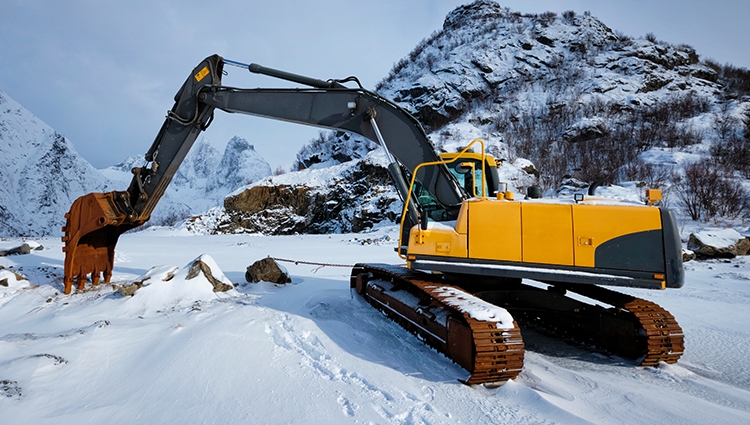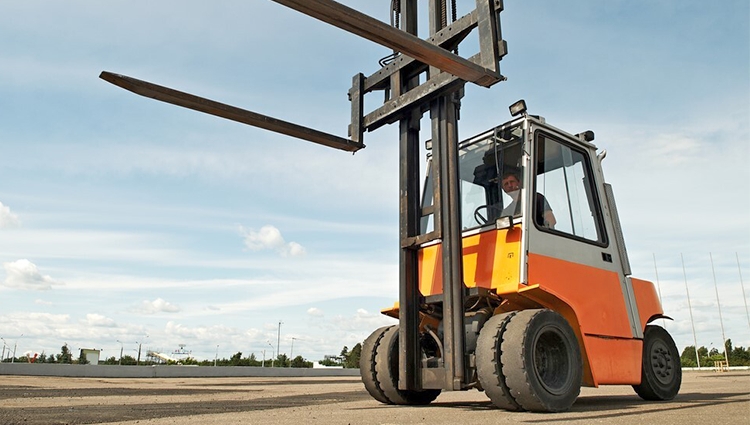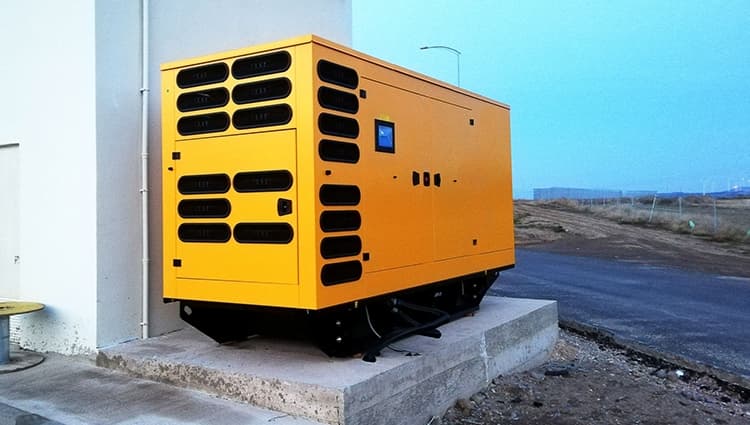The construction industry is undergoing a significant transformation, driven by technological advancements, changing consumer preferences, and a growing emphasis on sustainability. As urbanization accelerates and the demand for infrastructure increases, construction companies are adopting innovative practices to enhance efficiency, reduce costs, and minimize environmental impact. This article explores some of the most prominent trends shaping the construction industry today, including modular building, smart construction technologies, and sustainable practices.
Modular building, also known as off-site construction, involves the prefabrication of building components in a controlled factory environment before transporting them to the construction site for assembly. This approach offers several advantages:
- Time Savings: Modular construction significantly reduces project timelines, as multiple components can be built simultaneously while site preparation occurs. This leads to faster project completion and quicker occupancy.
- Cost Efficiency: By streamlining the construction process and reducing labor costs, modular building can lead to significant savings. Additionally, the controlled environment minimizes material waste and enhances quality control.
- Flexibility and Scalability: Modular buildings can be easily expanded or reconfigured to meet changing needs, making them ideal for various applications, from residential housing to commercial spaces.
- Reduced Disruption: With much of the construction taking place off-site, there is less disruption to the surrounding community, leading to fewer complaints and smoother project execution.
As the demand for affordable housing and efficient commercial spaces grows, modular building is becoming an increasingly popular choice for developers and contractors.
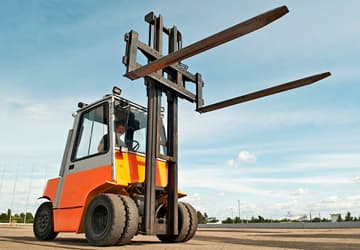
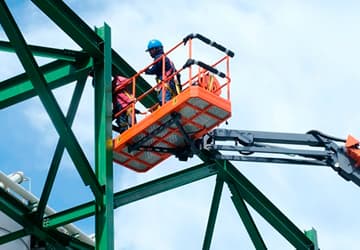
The integration of smart technologies into construction processes is revolutionizing the industry. From project management software to advanced machinery, digitalization is enhancing productivity and collaboration. Key components of smart construction technologies include:
- Building Information Modeling (BIM): BIM allows architects, engineers, and contractors to create detailed 3D models of projects, facilitating better planning, visualization, and coordination. This technology helps identify potential issues early in the design phase, reducing costly changes during construction.
- Drones and Aerial Imaging: Drones are being used for site surveys, progress monitoring, and inspections. Aerial imaging provides real-time data, enabling project managers to make informed decisions and track project timelines effectively.
- Internet of Things (IoT): IoT devices can monitor equipment performance, track materials, and enhance safety on construction sites. By collecting and analyzing data, construction companies can optimize operations and reduce downtime.
- Augmented Reality (AR) and Virtual Reality (VR): AR and VR technologies are being used for training, design visualization, and client presentations. These immersive experiences enhance understanding and communication among stakeholders.
The adoption of smart construction technologies is not only improving efficiency but also fostering collaboration among project teams, ultimately leading to better project outcomes.
As environmental concerns become more pressing, the construction industry is increasingly prioritizing sustainability. Sustainable practices aim to minimize the environmental impact of construction activities while promoting resource efficiency. Key trends in sustainable construction include:
- Green Building Materials: The use of eco-friendly materials, such as recycled steel, bamboo, and low-VOC paints, is on the rise. These materials reduce the carbon footprint of construction projects and contribute to healthier indoor environments.
- Energy-Efficient Designs: Incorporating energy-efficient systems, such as solar panels, energy-efficient HVAC systems, and smart lighting, helps reduce energy consumption and operational costs. Sustainable building designs also focus on maximizing natural light and ventilation.
- Waste Reduction and Recycling: Construction companies are adopting waste management strategies that prioritize recycling and reusing materials. This not only reduces landfill waste but also lowers material costs.
- Sustainable Site Practices: Implementing practices such as erosion control, stormwater management, and habitat preservation during construction helps protect the environment and comply with regulations.
By embracing sustainable practices, construction companies can contribute to a healthier planet while meeting the growing demand for environmentally responsible building solutions.
The construction industry is at a pivotal moment, with emerging trends such as modular building, smart construction technologies, and sustainable practices reshaping the landscape. As companies adapt to these changes, they are not only improving efficiency and reducing costs but also contributing to a more sustainable future.
At Minkoti Agencies, we are committed to staying at the forefront of these trends, providing our clients with innovative solutions and high-quality equipment to support their construction projects. By embracing these advancements, we can help build a better, more sustainable world for future generations. Together, we can pave the way for a construction industry that prioritizes efficiency, collaboration, and environmental responsibility.


